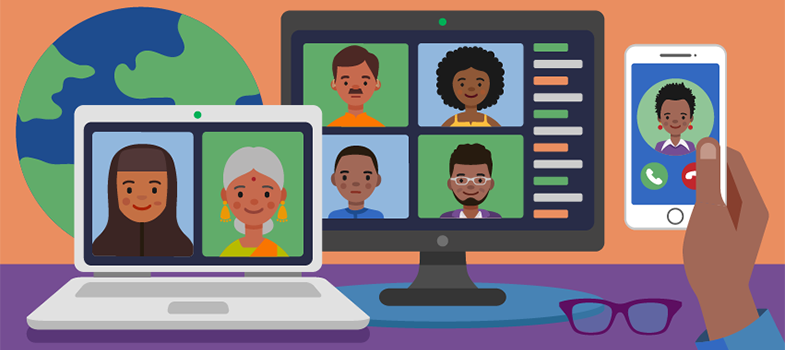Evaluating online learning resources
Before you start looking online for resources that might be useful, think about this question: how will you know if you’ve found what you are looking for? There are some obvious things, like relevance to the topic, but there are also other questions to consider when evaluating the resources that you find.
Here are some suggestions:
Relevance
- Is the information relevant to the training you want to deliver?
- Is it at the right level for your learners?
Accuracy
- Is the information accurate?
- Are there major content errors or omissions?
- Is it up to date?
Production quality
- Is the information clear and understandable?
- Do the design features enhance learning?
- For multimedia resources, are the audio/video of good quality?
Accessibility
- Is the resource inclusive and culturally sensitive?
- For audio or video, is there a transcript or subtitles?
Interactivity
- Does the resource encourage active (rather than passive) learning and participation? If not, are you able to add this to the resource?
- Are there opportunities for the students to test their understanding of the materials (e.g. questions, activities, quizzes)?
Licensing
- Is there a CC licence, and if so, what type is it?
- Does the licence allow for reuse of the materials?
- Does the licence allow modifications or adaptations of the materials? If so, can you modify the resource to better fit your objectives?
(Source: Adapted from BC Campus (2015))
Download Word version [Tip: hold Ctrl and click a link to open it in a new tab. (Hide tip)]
With these evaluation questions in mind, you can look for OERs to use. You’ll be able to answer many of them from your knowledge of the training you want to deliver, but the questions about licensing may be a little more difficult. In many ways licensing conditions should be the first question you ask because without permission to reuse there’s no point in going any further.
So how do you find OERs?
Creative Commons licences
